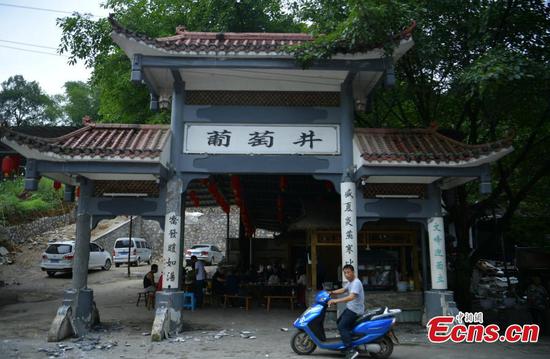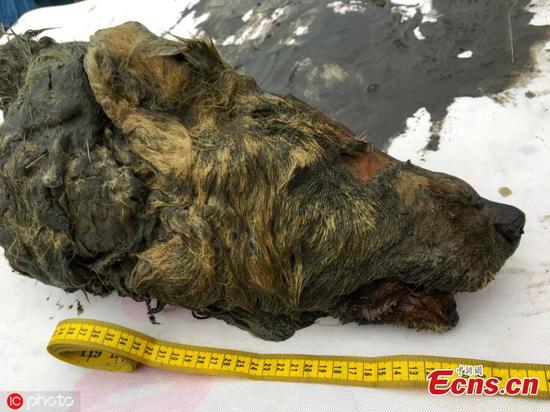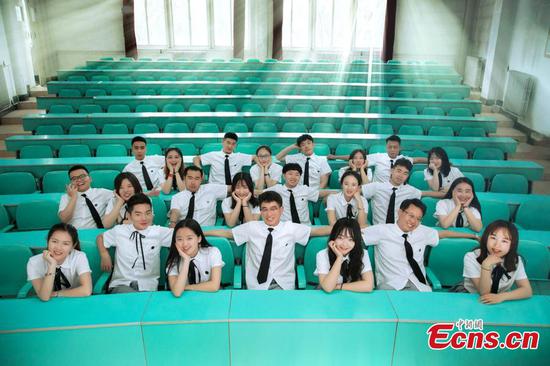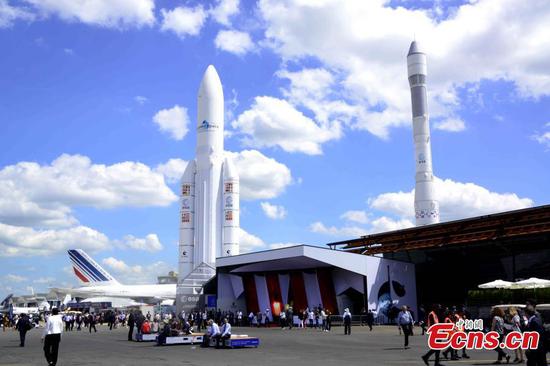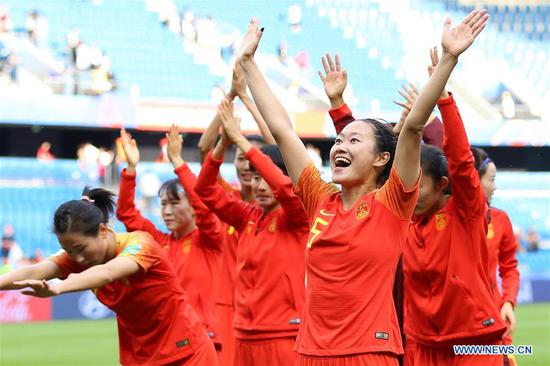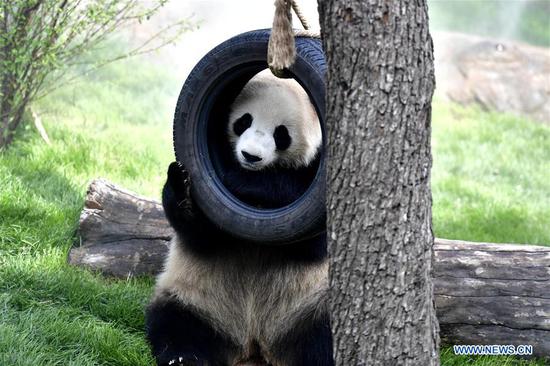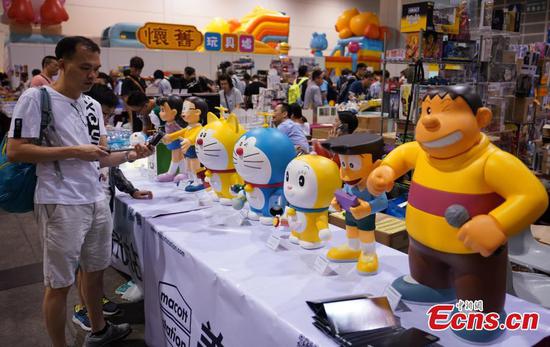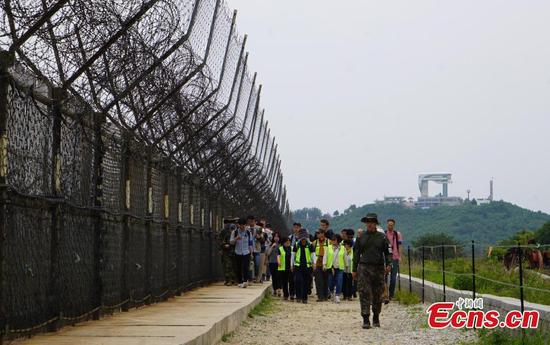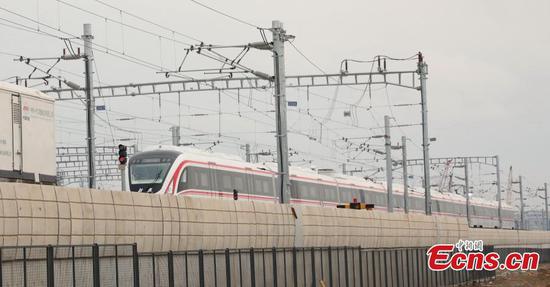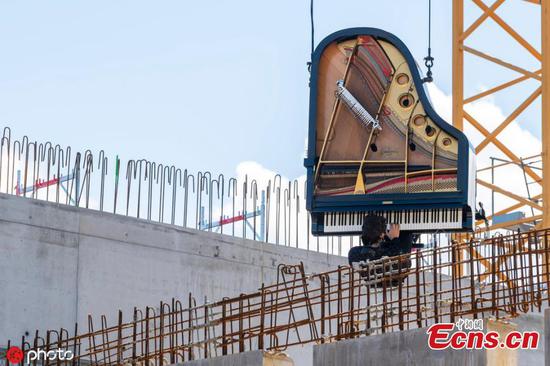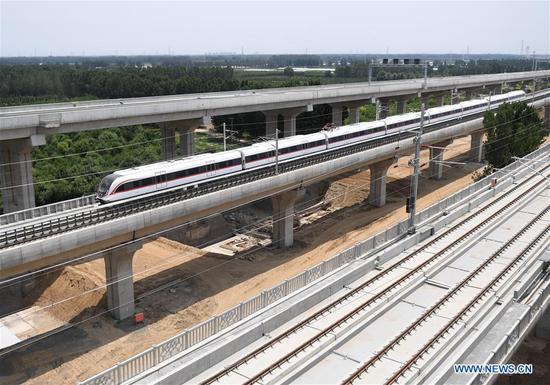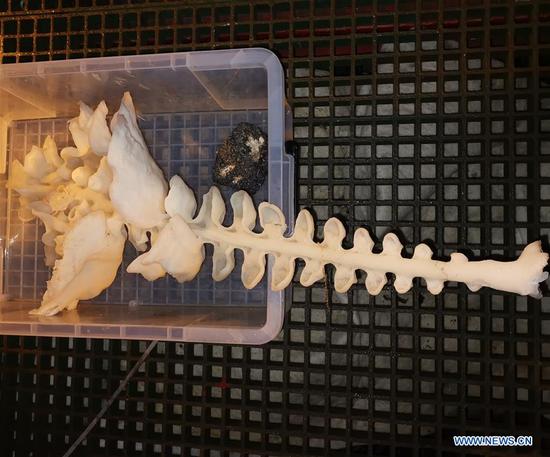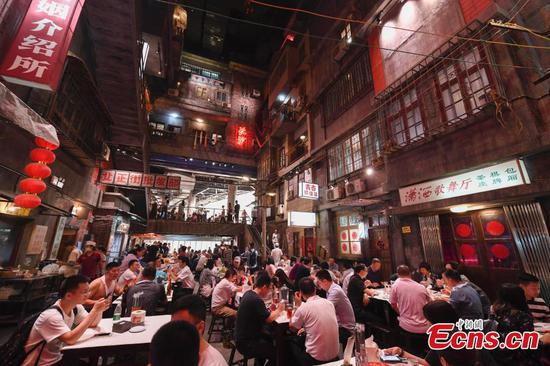CHINA IRREPLACEABLE IN SUPPLY CHAIN
When asked by the panelists whether they could somehow shift supply chains out of China, many representatives at the hearing didn't refrain from lecturing the officials about the extreme difficulty, and in some cases, impossibility.
"The truth of the matter is we've been trying to get out of China for years, but they just seem to do it better than anybody else," Rick Helfenbein, president and CEO of the American Apparel and Footwear Association, said in response to a question from the hearing's committee.
"There are limited places ... we can go," Helfenbein said, adding that the next possible locations following China -- Vietnam, India, Indonesia and Bangladesh -- are simply not cost-effective.
For Jean Kolloff, CEO and founder of Quinn Apparel QI Cashmere, it's not an option to move the supply chain anywhere else.
Her designer company only sources out of Inner Mongolia in northwestern China because the Alashan breed of goat, from which premium quality fiber comes from, is indigenous to that region.
But what draws Kolloff to China is not only the specific breed of goat. "Quality is controlled and the best spinners and dyers of cashmere raw material, yarn, are located in that part of the country," she told Xinhua after the testimony.
Nicholas Lardy, a senior fellow at the Peterson Institute for International Economics, told Xinhua recently that "I am prepared to believe that a lot of companies are exploring alternatives to producing elsewhere. But I don't see that there's a big uptick in companies actually departing."
Lardy, who has written several books on the Chinese economy, said that it would probably be "not so smart" for companies to massively move supply chains away from China, because it would be difficult to find a place that could "absorb that big an increase," whether it's logistics or labor supply, or anything else.
TARIFFS WON'T HELP
The White House has been using tariffs to address what it has claimed are China's unfair trade practices related to technology transfer, intellectual property and innovation, based on so-called findings in the USTR's investigation under Section 301 of the nation's Trade Act of 1974, a one-sided tool for Washington to serve its own interests in dealing with trade disputes.
Tariffs on 250 billion dollars in Chinese imports are currently in effect under a Section 301 trade action.
Many witnesses on Monday said that the tariffs were misplaced as there is no high-end technology in their businesses and industries.
In his testimony, Marc Schneider of U.S. fashion house Kenneth Cole Productions Inc. said that the proposed tariffs on footwear products won't help address the administration's concern, adding that the manufacturing process of those products involves few, if any, trade secrets, technologies or intellectual property that are forcibly shared.
Stackpole, whose organization represents companies that altogether supply 90 percent of all plumbing products to American households, stressed that plumbing products are not sophisticated products, adding that additional tariffs would erode U.S. brands' global competitiveness.
U.S. tech companies, such as iRobot, which designs and builds consumer robots but manufactures them in China, also expressed opposition to the proposed tariffs, the fourth round since the world's largest economy started trade tensions with its trading partner by raising tariffs last year.
Colin Angle, founder and CEO of iRobot Corporation, told the hearing's committee that the company's newly-launched products would be subject to the tariffs and that those, if imposed, would only exacerbate the harm being done to it from the previous round of tariffs.
Some trade experts are worried that those warnings would not draw serious attention from administration officials. The hearings will continue for another six days till early next week, during which additional hundreds of witnesses are expected to make similar pleas.
"Seven days, 321 witnesses, 300 billion dollars' worth of goods, and a waste of everyone's time," Riley Waters, policy analyst for Asia Economy and Technology in The Heritage Foundation's Asian Studies Center, tweeted. "For Americans, the cost of these and previous tariffs will be real."
The U.S. Chamber of Commerce, the nation's largest business federation, said in a statement last week that they vigorously oppose "unilateral tariffs as a policy response," while urging the administration to return to the negotiating table for an agreement that would "put an end to tariffs already in place and forestalls further disruptions to all Americans."










